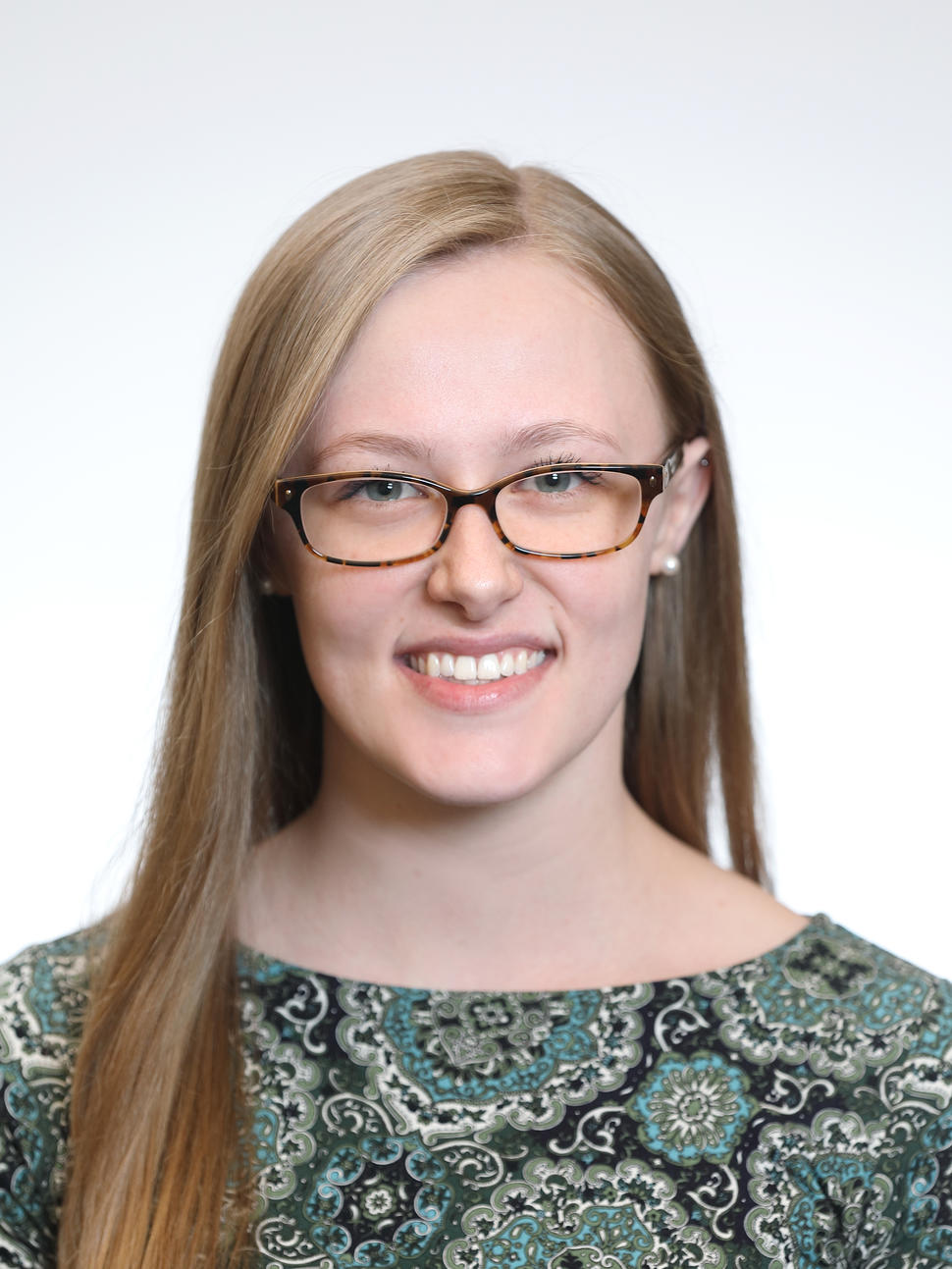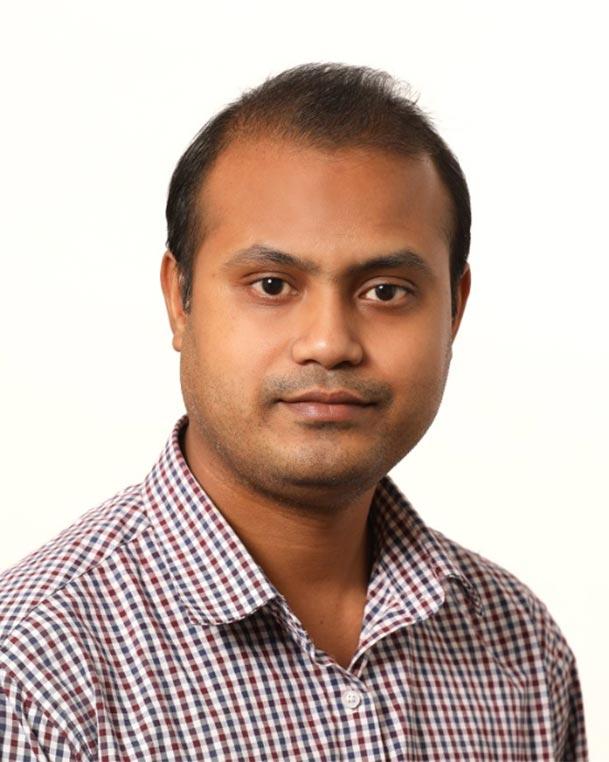
“DCEG fellowship offers unparalleled access to high-computing infrastructure, cloud platforms, and vast datasets, significantly accelerating my research. This supportive environment empowers me to leverage AI, deep learning, and machine learning techniques, all while benefiting from my mentor's guidance to uncover insights that drive impactful public health solutions.”
Monjoy Saha, Ph.D.
Research Fellow, Integrative Tumor Epidemiology Branch
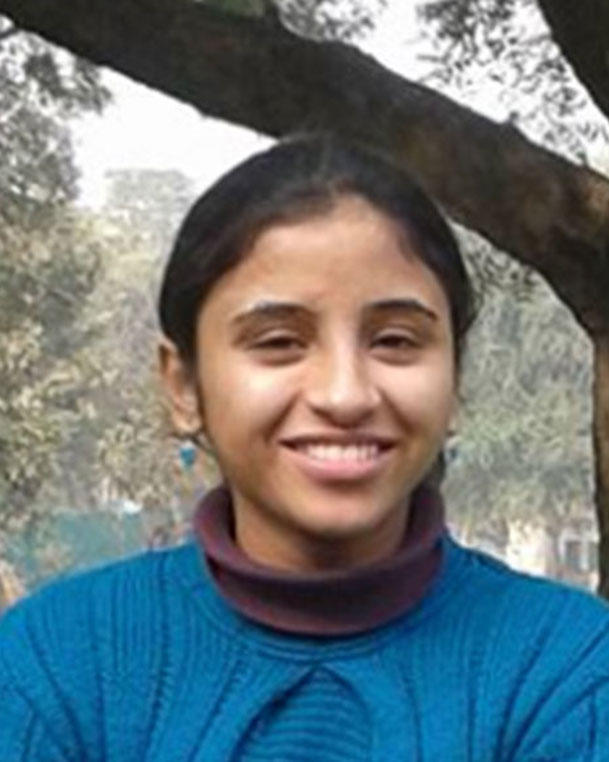
“I feel truly included during my Postdoctoral Training in DCEG in NIH. It has been one of the best places at NIH, where colleagues are genuinely respected for their work. This experience has been one of the most positive I have had in my three years in the United States. I hope that all academic labs can foster this kind of inclusive and welcoming environment, helping to retain talented people in research for the long term.”
Gauri Prasad, Ph.D.
Postdoctoral Fellow, Laboratory of Translational Genomics
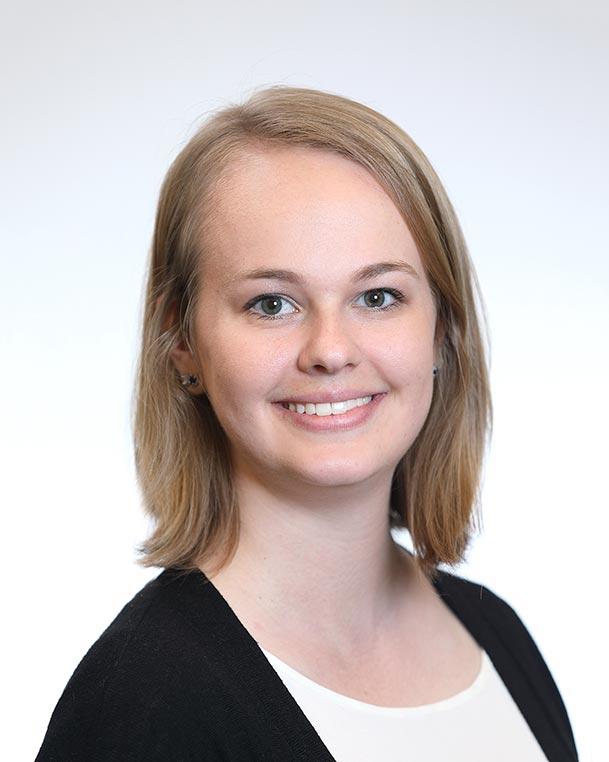
“The mentorship and leadership provided in DCEG creates an environment for fellows to thrive and develop as independent scientists. It has shaped my philosophy about the type of mentor and leader I strive to be for colleagues and the future generation of scientists and given me the tools and resources to become such a leader.”
Katelyn E. Connelly, Ph.D.
Postdoctoral Fellow, Laboratory of Translational Genomics
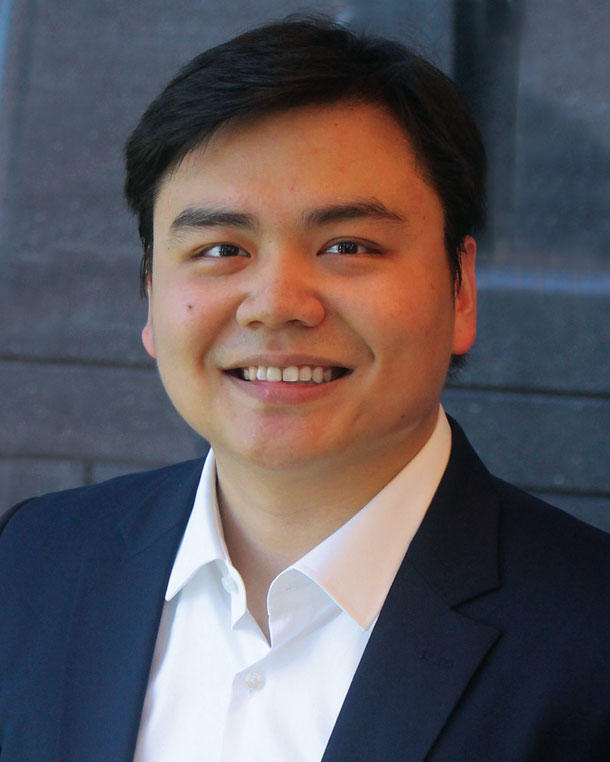
“DCEG has world leading research resources in ultraviolet radiation, including cohorts and mentorship. This allows me to examine their associations of cancer, even in rare subtypes.”
Jim Mai, M.D., M.P.H., Ph.D.
Research Fellow, Radiation Epidemiology Branch
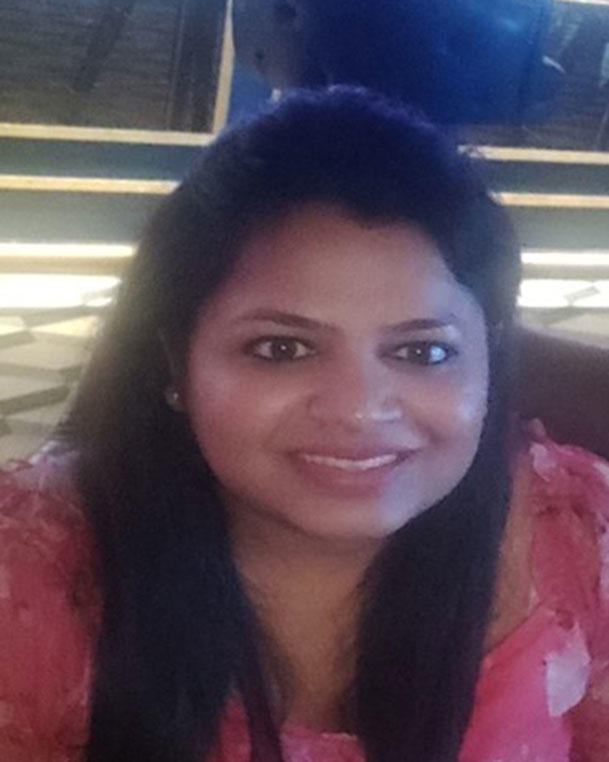
“As a postdoc fellow in LTG, DCEG, I have the opportunity to conduct independent research, collaborate with experts, and contribute to groundbreaking projects under the mentorship of eminent investigator(s). It is a valuable learning experience for networking, skill development, and making significant contributions to scientific field.”
Sonam Tulsyan, Ph.D.
Postdoctoral Fellow, Laboratory of Translational Genomics
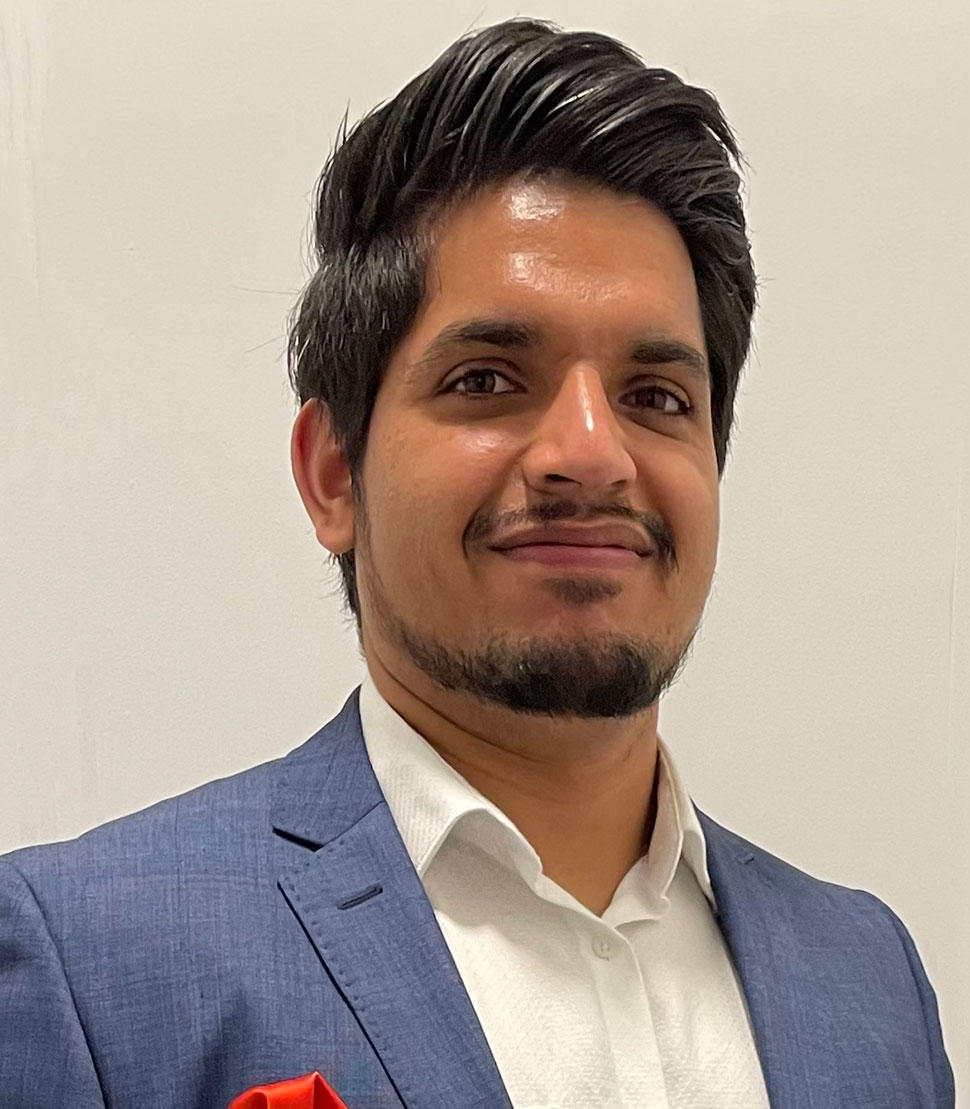
“The postdoctoral fellowship at DCEG, NCI, comprehensively prepared me for my future journey as a scientist. Particularly, during this training, I received mentorship from established scientists at DCEG, opportunities to connect with other postdoctoral fellows at NCI, attend scientific conferences, and mentor undergraduate students. At all stages of my fellowship, I sought advice from OE and was always impressed with their efforts in fostering a supportive environment for postdoctoral fellows.”
Rohit Thakur, Ph.D.
Research Fellow, Laboratory of Translational Genomics
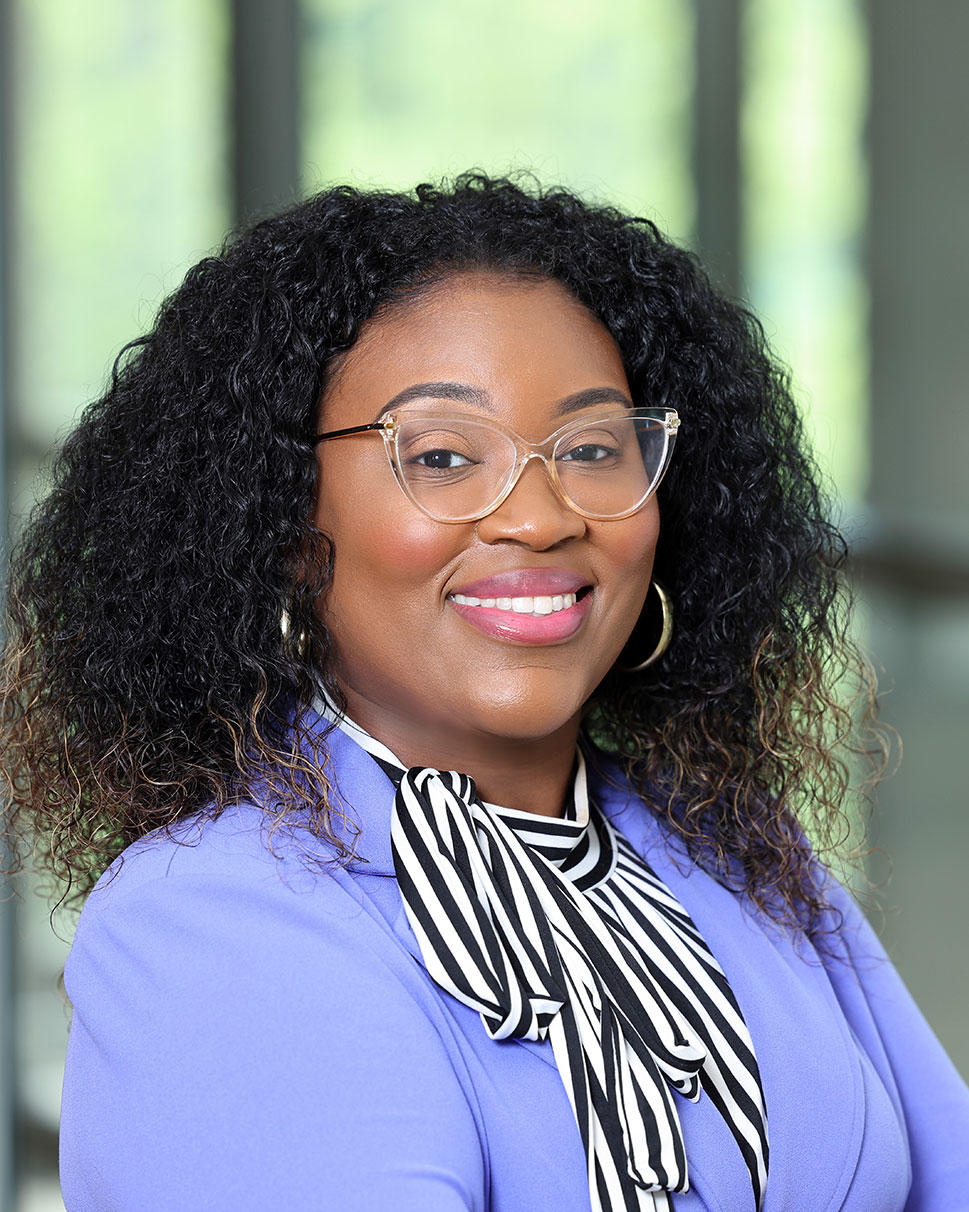
“My experience as a DCEG fellow has changed my life immensely, allowing so many cool research experiences and development opportunities. The array of resources, mentorship, and projects is unmatched and has made me a better person and scientist holistically.”
Jazmyn L. Bess, M.S.
Postbaccalaureate Fellow and iCURE Scholar, Trans-Divisional Research Program
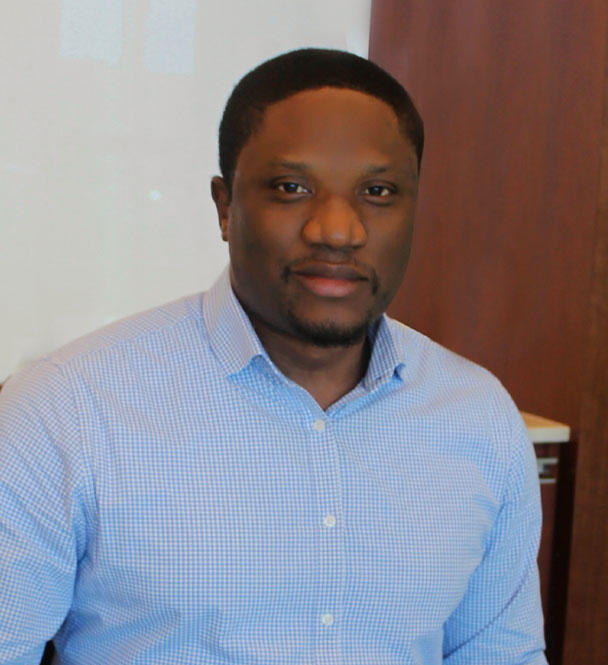
“I’ve had the privilege of working among the expertise of DCEG investigators. Most of my studies are interdisciplinary which allow me to work with experts from diverse fields. In particular, the Molecular and Digital Pathology Laboratory has been a tremendous resource. The collection of biospecimens they maintain is like a treasure trove, and the team has been very supportive as I continue to build my skills in the rapidly evolving field of computational pathology.”
Mustapha Abubakar, M.D., Ph.D.
Research Fellow, Integrative Tumor Epidemiology Branch
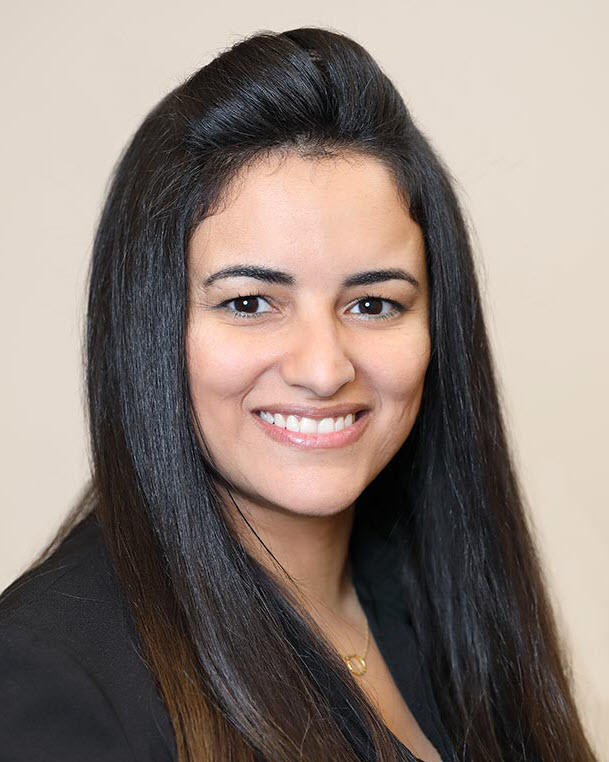
“One of the main benefits of training in DCEG is working with the ‘best of the best’— DCEG investigators are pioneers in their field and there are abundant opportunities to collaborate with people across the U.S. and throughout the world. CGB is a diverse and supportive group, ranging from epidemiologists, clinicians, oncologists, and geneticists, which provides a wide range of perspectives to my work.”
Rotana Alsaggaf, Ph.D., M.S.
Postdoctoral Alumna, Clinical Genetics Branch
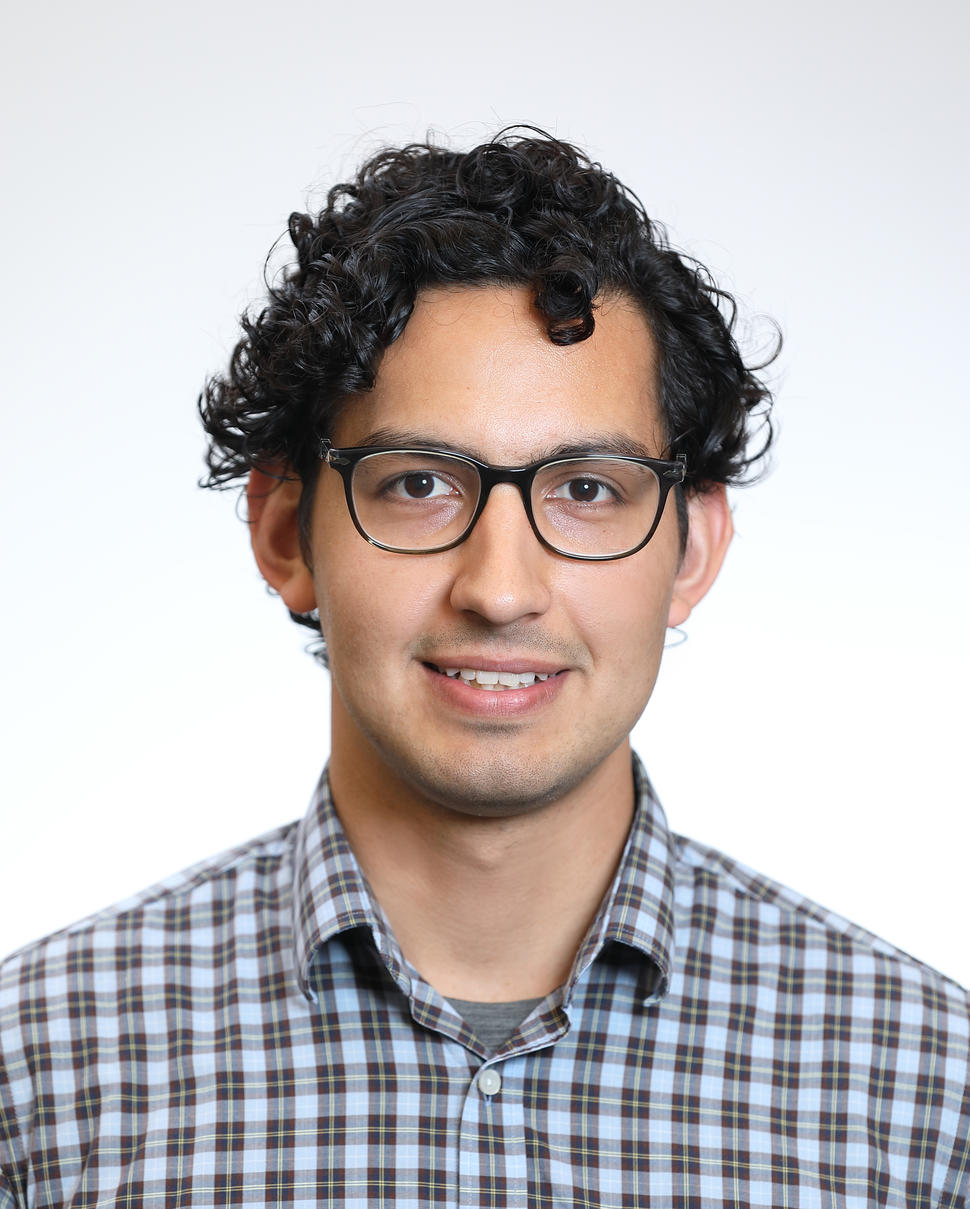
“The NIH gives fellows the ability to curate their own experience by encouraging our involvement in grassroots organizations such as the FelCom or DFel. As the liaison to the training directors for the NIH Fellows Committee, I got to witness first-hand how much the NIH cares about creating a rich and successful experience for their fellows.”
David Borrego, Ph.D.
Research Fellow and Independent Research Scholar Alumnus, Radiation Epidemiology Branch
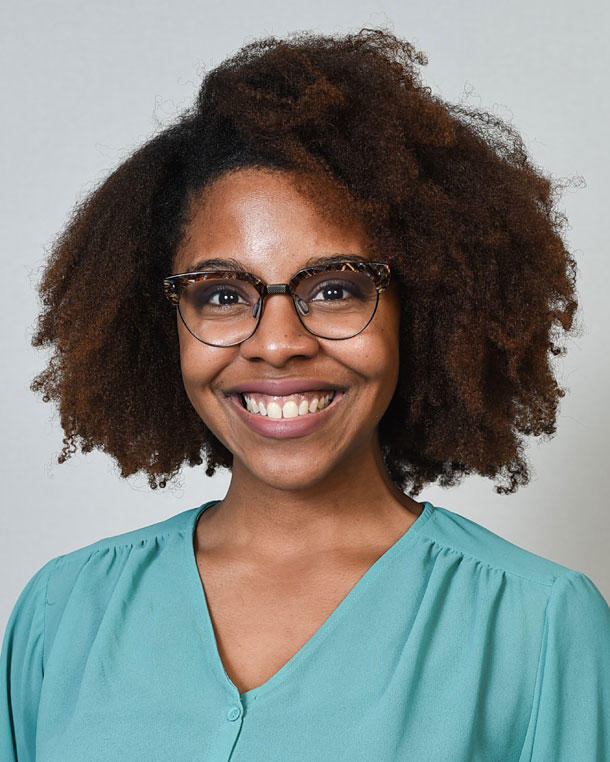
“The strong multidisciplinary environment at DCEG has fostered collaborations across different branches which has helped broaden my knowledge and skills. There are so many established experts across the Division that I can consult on study design, analyses, and manuscript preparation. Also, the vast amount of data and biospecimens at our disposal allows fellows to explore and pursue our own independent research projects.”
Doratha (Armen) Byrd, Ph.D., M.P.H.
Postdoctoral Alumna, Metabolic Epidemiology Branch
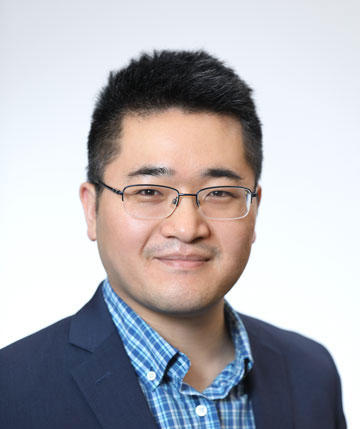
“I feel incredibly blessed to be training in DCEG/BB because of the open and collaborative environment, which I think is fundamental for fellows’ training. There are immense opportunities to work with diverse experts in clinical and epidemiological research, which enables me to combine methodological work with public health research and challenges me to develop new statistical approaches."
Justin Yongli Han, Ph.D.
Research Fellow Alumnus, Biostatistics Branch
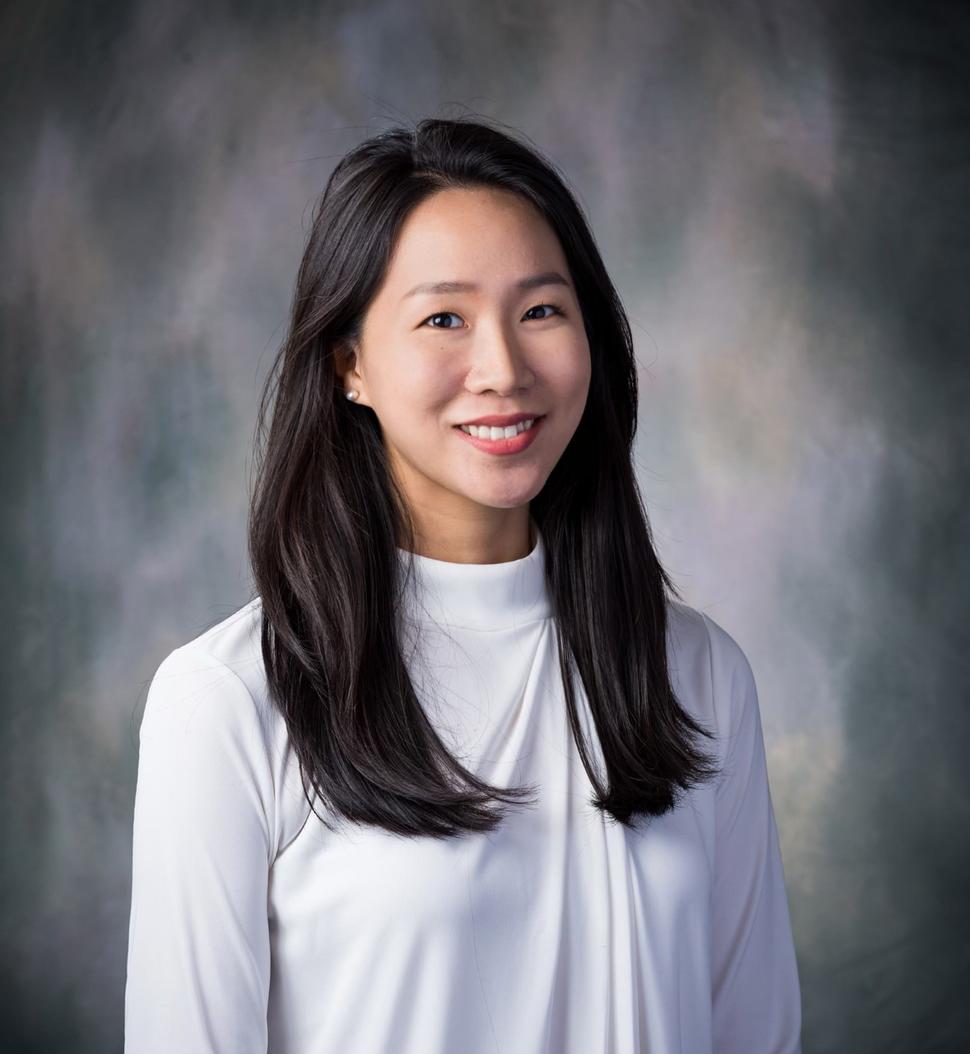
“GPP is such a unique opportunity to experience both NIH intramural research and the academic environment of a university with interdisciplinary investigation. The support and guidance from my mentors and the DCEG Office of Education has been an essential asset to my experience as a graduate student,” said Ms. Lee. “Dr. Lavigne helped me navigate all my program requirements, tuition and stipend to create a smooth transition into my dissertation work.”
Olivia Lee, B.S.
Predoctoral Fellow, Integrative Tumor Epidemiology Branch
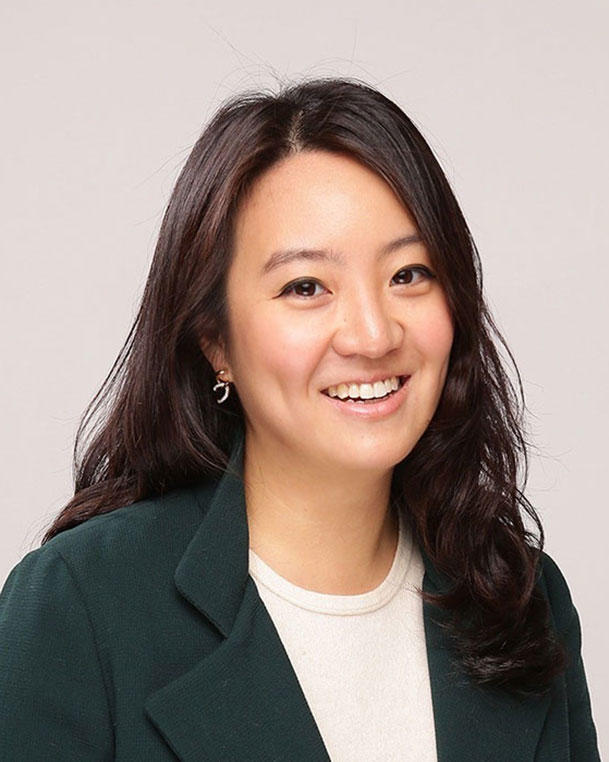
“Coming from academia, I was impressed by how OEEB’s research priorities are mission-driven; we have a great team and resources to address important research questions in environmental and occupational health. We are very collaborative as a branch and I’m grateful that we, especially the fellows’ group, have been able to maintain our community of support during this challenging time. I appreciate the mentorship I’ve received from Dr. Purdue. He is very supportive of my career goal to be an independent investigator and I appreciate our open and honest communication. I’ve also received great career advice from my mentoring committee including members from different branches.”
Jongeun Rhee, Sc.D., M.S.
Research Fellow, Occupational and Environmental Epidemiology Branch
“My experience as a post-bac in CGB has been truly invaluable as I’ve been fortunate to contribute to multiple projects. Not only do my mentors give me autonomy over my studies, they have also provided me opportunities to serve as a consultant on variant pathogenicity to physicians and genetic counselors who contact us about our research,” reflected Ms. Thompson. “The DCEG Office of Education and my mentors have helped me navigate my career path. My research helped me realize my passion for genetics and connecting with patients, which has encouraged me to pursue a career in genetic counseling.”
Ashley Thompson, B.S.
Postbaccalaureate Fellow, Clinical Genetics Branch
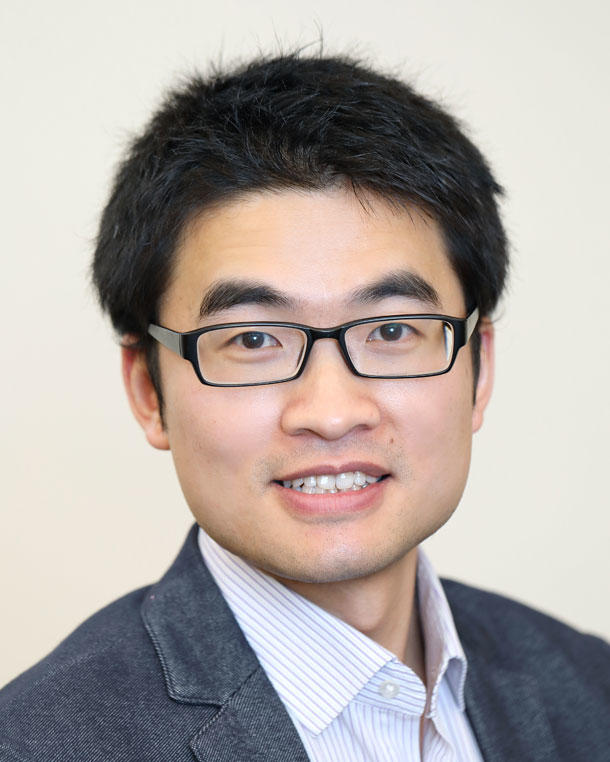
“My mentor Dr. Amundadottir is providing a training environment that is well suited to the needs for my professional development. She is approachable and always very helpful with advising me on the direction of the research. In addition, unique to DCEG are the fantastic collaborators who are happy to help with model simulation and functional work, and access to large-scale Genome Wide Association Study (GWAS) datasets which are a powerful resource to study cancer susceptibility.”
Jun Zhong, Ph.D.
Research Fellow, Laboratory of Translational Genomics
